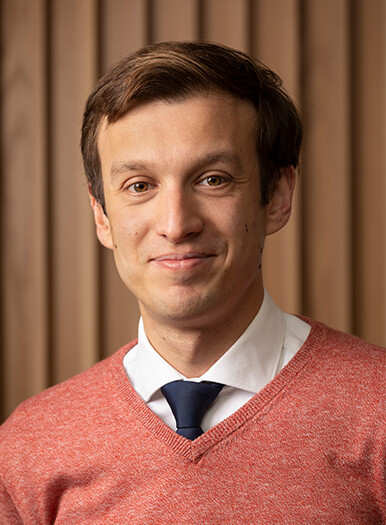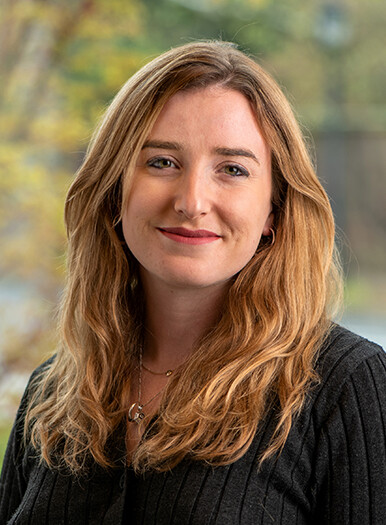Information Society Project (ISP) is an intellectual center addressing the implications of the Internet and new information technologies for law and society, guided by the values of democracy, development, and civil liberties. The ISP's work includes copyright, media law and policy, transparency, and privacy.
Our Work


MFIA Clinic
The Media Freedom and Information Access Clinic (MFIA), part of ISP's Floyd Abrams Institute for Freedom of Expression, is a law school clinic dedicated to increasing government transparency, defending the essential work of news gatherers, and protecting freedom of expression through impact litigation, direct legal services, and policy work.

M.S.L. Degree
The Law School also offers the Degree of Master of Studies in Law (M.S.L.) for journalists seeking an intensive immersion in legal thinking so that they are better able to educate their audiences upon their return to journalism.


Our Faculty
Meet some of the Yale Law School faculty working in technology and media law.

News
Charting New Courses in Artificial Intelligence
Two spring courses take different approaches to deeply engaging with questions of AI.
Check back soon for new events.











